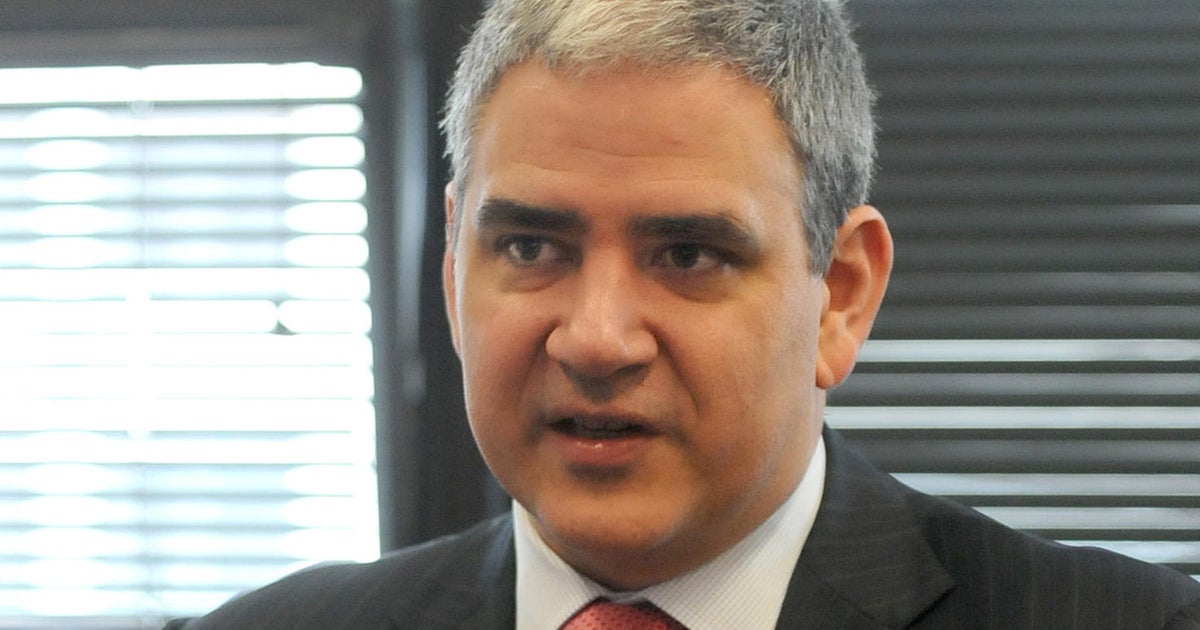The footballer Ron Yeats, who has died aged 86, was captain of Liverpool in the mid-1960s when they made their breakthrough back into the big time, winning League Championships in 1964 and 1966 as well as an FA Cup in between.
For most of the decade before that, Liverpool had been nothing more than a decent Division Two side. But a new manager, Bill Shankly, joined in 1959 and began to rebuild with Yeats, a fellow Scot, as his on-the-field leader.
A stocky 6ft 2in central defender nicknamed “the Colossus”, Yeats had formidable physical and mental strength, which made him an ideal captain for Shankly. Within two seasons he had led the side up to Division One, and within another two had delivered the 1964 League Championship.
The following year he lifted the FA Cup for the first time in Liverpool’s history after a 2-1 extra-time win over Leeds at Wembley in which he was outstanding, and in 1966 he was holding aloft another Division One trophy. Aside from his captaincy, Yeats was especially valuable for his committed tackling, fine distribution of the ball and a solid partnership with his fellow centre-back Tommy Smith.
Even bigger things seemed to be beckoning under Yeats’s assured leadership, but in the remaining years of the 60s he and his teammates were unable to quite deliver another domestic title or make a firm mark in Europe. By 1970 Shankly had decided on another rebuild, and Yeats, by then in his 30s, became a victim of the subsequent cull.
Despite the disappointment of that ending, the years of success that Yeats helped to engender during his 10-year captaincy provided a firm platform for Shankly to create further triumphs in the early 70s and for another manager, Bob Paisley, to pile on domestic and European glory from the late 70s onwards. Shankly himself said that the arrival of Yeats, along with the forward Ian St John, had been “the very beginning of Liverpool’s rise”.
Born in Aberdeen, where his family home was destroyed during a second world war bombing raid, Yeats played football for the Aberdeen Lads Club and represented Scotland at Under-15 level before leaving school to become an apprentice mason at a firm owned by his uncle.
When the company went bust Yeats became a slaughterman at Aberdeen cattle market, continuing there after being signed on part-time terms by the Scottish Division Two side Dundee United as a 19-year-old in 1957. United were promoted in his first season, after which he was able to give up the slaughterhouse job to concentrate on football in the top flight, with special dispensation to play at the club during his two years of national service.
Liverpool came calling in 1961 after he had spent four seasons at Tannadice, where his defensive prowess and leadership qualities had been spotted by Shankly. As captain from his first match at Anfield, he led his new teammates to promotion from Division Two in his debut season, after which they made an immediate impact in the top flight by finishing eighth in 1962-63 and taking the title in 1963-64, four points ahead of Manchester United.
When Yeats accepted the FA Cup from Queen Elizabeth II the following season, there was consternation among some officials as he confided to Her Majesty that he was “absolutely knackered” – a turn of phrase regarded as far more salty in those days than it would be now. However, the Queen herself seemed unperturbed at his choice of language.
Liverpool reclaimed the Division One championship the next year by a six-point margin from Leeds, but there was no more sustained success under Yeats’s captaincy thereafter, even if there was nothing worse than fifth place in the League. By the time Shankly’s axe came in 1971, he had played 417 matches as captain of Liverpool, a long service record that has only been exceeded by Steven Gerrard. Despite his significant achievements in the domestic game he was capped only twice by Scotland, in 1964 and 1965.
Once Yeats had been marked as surplus to requirements at Liverpool, he left to be Tranmere’s player-manager for three years, followed by two seasons in the same role at Barrow. In his late 30s he played for a year with Los Angeles Skyhawks in the American Soccer League and, after spells with non-league teams in the shape of Formby and Rhyl, he retired from playing at the age of 40.
Returning to Liverpool in 1986 as a scout for 20 years, he was responsible in 1999 for the bargain signing of Sami Hyypiä, a centre-back and leader who was much in the mould of Yeats himself.
He is survived by his wife, Ann.



